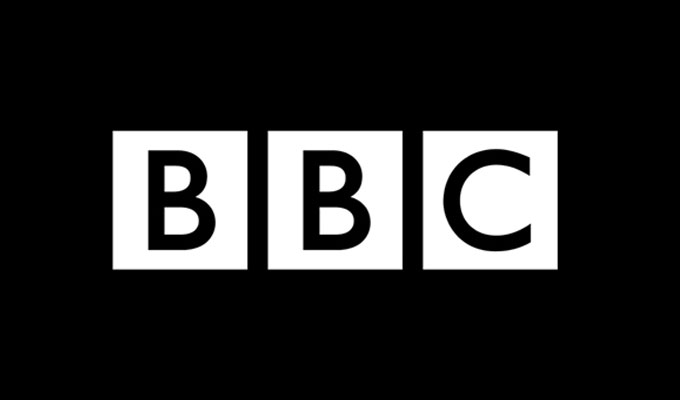
BBC comedy is 'too conservative'
Viewers demand more risk-taking in major Ofcom research
The BBC is weak on comedy and fails to take enough risks, viewers say.
That was the finding of major new research into the corporation’s distictiveness commissioned by regulators Ofcom.
Although most viewers thought the corporation offered consistently high quality and valuable output across its many services, comedy was identified as a key weakness.
The other was its range of sports coverage, after being priced out of many events, and a more general aversion to risk-taking ‘leading to too much reliance on familiar formats and programmes’.
A report into the research, published today, said: ‘Many felt the BBC was not good at making comedy and light entertainment. This was partly a result of associations with the BBC as being more safe and serious than other providers.
‘Participants discussed the lack of new entertainment shows and the use of repeated formats for comedy as reinforcing their view of the BBC as too traditional and risk-averse. They felt that the BBC stuck with what was familiar in terms of format and the comedians featured (often citing panel shows and conventional sitcoms).’
Some viewers thought the BBC had lost a reputation for being a home for unique and innovative comedy which it had in the past, citing the likes of Monty Python and The Office.
‘They felt that the BBC was no longer an innovator when it comes to comedy, and had been superseded by providers such as Channel 4 in the UK, and by comedies from other countries, particularly America,’ the report said.
Researchers quoted a viewer over 50 saying: ‘I think of Tony Hancock when I was a kid, Steptoe and Son, Monty Python, they were groundbreaking comedy shows… but there’s not as much now. I don’t think the comedies and dramas are as good as they were.’
Viewers though the move of BBC Three online indicated that innovation and appealing to younge audiences ‘was no longer a priority for the BBC’. Tellingly, the report said: ‘Some were unaware that BBC Three could still be accessed online.’
Ipsos MORI conducted the research and held a number of workshops around the UK to discuss the topics. They quoted younger viewers, in the 18-29 group, making such comments as:
• ‘Comedy should be about pushing boundaries, not playing it safe. It feeds back into the stagnation. They are quick to get rid of people who don’t fit in with their idea.’
- ‘I think that BBC isn’t doing comedy very well. There was room for it, with BBC Three, like the Mighty Boosh.’
• ‘I like Live at the Apollo and Mock the Week, but I find they are conservative. They don’t take risks. They are scared of offending people and they want to make it fair for all … for risks I would go to Channel 4.’
However, the BBC insisted they do take risks on comedy.
A spokesman said: 'We're proud that people really value the BBC and consider output to be high quality. We make more new comedy than any other British broadcaster and have been responsible for developing some of the most successful global talent on and off camera.
'We've taken considerable risks on many shows and offer an enormous range of comedies for everyone with back-to-back Bafta-winning shows since 2009 including Car Share, Mrs Brown's Boys, Detectorists, Charlie Brooker's 2016 Wipe, and People Just Do Nothing.
'In terms of distinctiveness only this week we've got Frankie Boyle's New World Order and White Gold on air, and Fleabag and Tracey Ullman have just won prestigious Rockie Awards."
Ofcom's research found the criticisms of comedy applied to the BBC’s TV output, with committed radio listeners were happier with the genre on radio. ‘’I don’t think they’re as innovative on TV as they are on radio,’ said one middle-aged participant.
In summary, participants’ suggested BBC TV could be more distinctive with more creative programme formats and content; more innovative, and risky comedy; more content for younger audiences and more diverse presenters and content to serve people from a wide range of backgrounds.
Published: 15 Jun 2017






